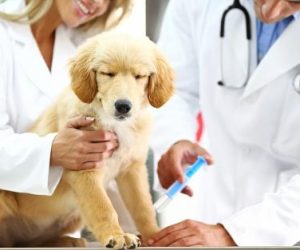Email Addresses
Petwings Enquiries – Worldwide:
[email protected]
Emigration Enquiries (AU & NZ only):
[email protected]
General Enquiries:
[email protected]
[email protected]
Emigration Enquiries (AU & NZ only):
[email protected]
General Enquiries:
[email protected]
Physical Address
2 Oranjerivier Drive, Terenure, Kempton Park, South Africa
GPS Co-ordinates:
-26.076106,28.197492






